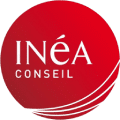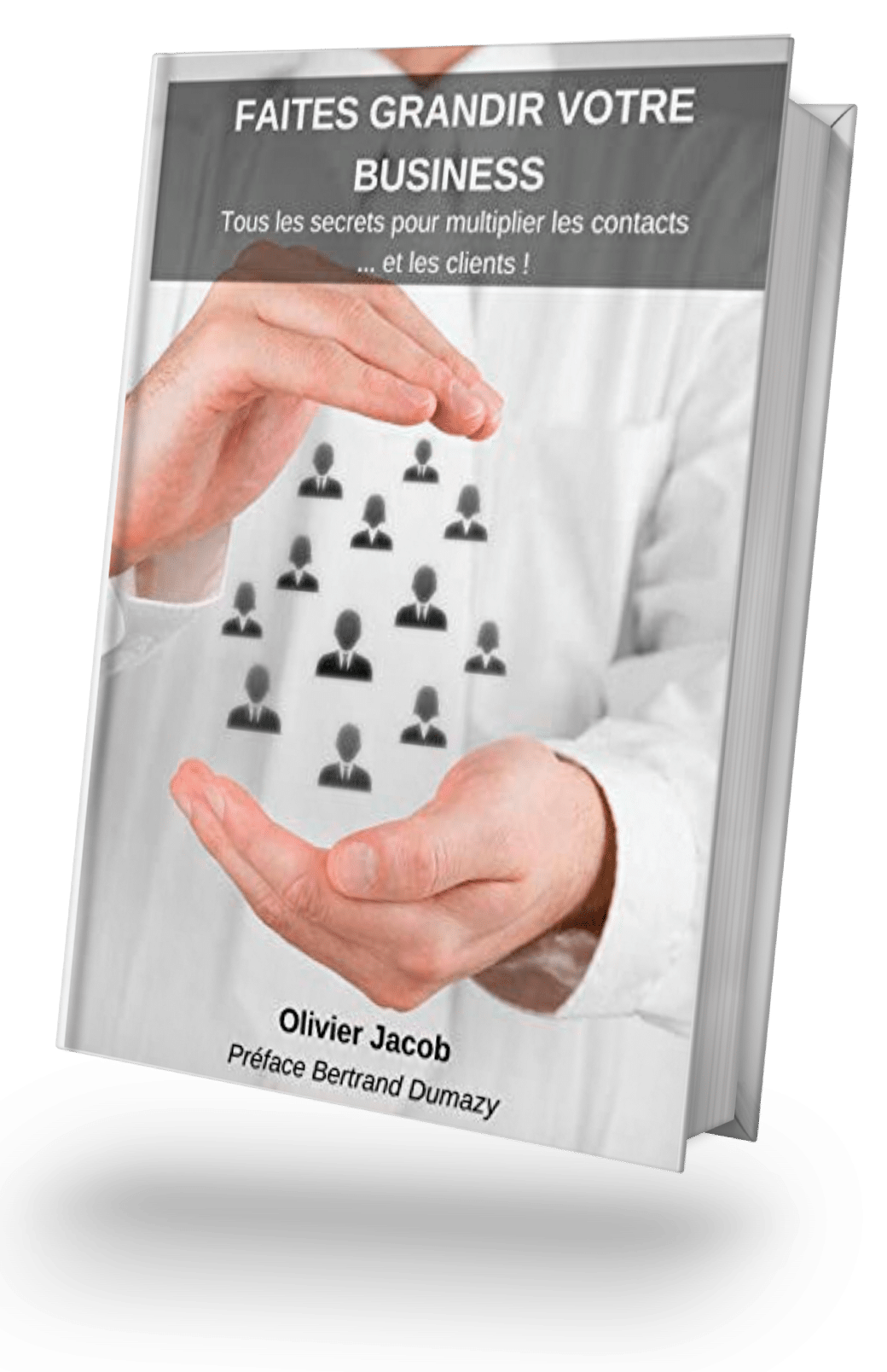
Certification referential
Managing performance in a context of change
Competency framework
C1. Define and allocate objectives and tasks to team members, allowing for regular review based on results obtained and feedback from the field, and taking into account each person's skills and abilities, availability and aptitudes, in order to achieve both collective and individual performance.
C2. Implement support solutions for employees with disabilities, to ensure that adequate resources are available to achieve the objectives set.
C3. Agilely adapt his/her managerial style according to the context, current needs and objectives to be achieved, while taking into account the characteristics of the team and those of each individual in terms of his/her mode of operation, in order to ensure a climate favorable to employee involvement.
C4. Conduct collaborative team meetings, either face-to-face or remotely, encouraging the emergence of new ideas and enabling everyone to dare to question work habits in favor of proposals aimed at improving work practices and processes.
C5. Conducts individual interviews with employees, face-to-face or remotely, to support them in their professional progress, their adaptation to workstations and to help them achieve their objectives in contexts where they are regularly challenged, or to seize opportunities for development.
C6. Conducts refocusing or feedback interviews to help employees better understand what is at stake in the changes, enabling them to modify their behavior and work habits and thus fit in with the company's new rules and objectives.
C7. Handle delicate or conflictual situations generated by the impact of change, demonstrating active listening and benevolence, involving stakeholders in resolving difficulties encountered in order to maintain involvement and promote the achievement of objectives.
C8. Make the department part of a continuous improvement process by formalizing the various procedures put in place, as well as the monitoring and performance indicators used, in order to capitalize on past experiences in terms of change and better prepare for future ones.
Evaluation methods
All certification tests take place at the end of the training.
E1. Type of assessment : Work situation involving the performance management of a team in a context of constant change, with submission of a written report and a recorded work situation.
This assessment has a coefficient of 2.
Achievements required of the candidate :
Candidates are asked to present a management situation in an actual work context or one that is close to their professional reality.
In a written report, the candidate explains:
- The organization of the work of team members, including disabled employees (linked to C2)
- The candidate justifies the conditions for successful collaborative meetings (linked to C4) and individual interviews (linked to C5 and C6).
- The candidate will be asked to justify the managerial style he/she will have to adopt according to the different situations experienced or different personalities present in the group (linked to C3).
- Candidates are questioned on their approach to managing conflicts and difficult situations encountered (or imagined) as a result of the impact of change (linked to C7).
- Lastly, candidates are asked to describe the resources they have put in place, or plan to put in place, to enable them to capitalize on their experiences (in line with C8).
Terms and conditions :
The report should be between 3 and 5 pages in size 12 font in WORD or PDF format.
Practical oral situation.
The participant accesses the context of the oral situation on the secure LMS platform and records himself. They then transmit the audio file(s) to the assessor.
The test assesses the method of setting objectives in a context where they can be modified regularly (in line with C1).
E2. Type of assessment Theoretical tests on knowledge relating to performance management in situations of permanent change.
This assessment has a coefficient of 1.
Achievements required of the candidate :
The questionnaire is accessible via a secure LMS platform. It can also be printed out and administered on-line.
Evaluation criteria
Cr1. The distribution of activities, tasks and responsibilities proposed by the candidate is consistent with the objectives set and the skills, availability and preferences of each member of staff. The whole enables an agile and complementary organization to be set up between the various team members.
Cr2. The accommodation solutions proposed by the candidate are suitable for employees with disabilities.
Cr3.1 The management style proposed by the candidate is open and humane. It enables employees to be involved in the change situation, particularly in terms of decision-making.
Cr3.2. The candidate correctly presents the advantages of this management style in situations of change:
- Increased motivation,
- Meaning at work,
- Increased responsibility and autonomy,
- Better talent management,
Cr4. The candidate correctly presents the various conditions and means required to run an effective group meeting:
- Establishing a detailed agenda
- Fair distribution of speaking time
- Drawing up minutes with concrete actions to be taken
- Dynamic facilitation that instills a spirit of agility
- Encouraging exchanges and the construction of new ideas and shared solutions.
Cr5. The candidate correctly presents the various conditions and means to be used to facilitate a one-to-one interview:
- creating a positive atmosphere that highlights the candidate's successes
- The use of clear communication that clarifies the vision of change, and encourages the employee's buy-in.
- The clear definition of specific, achievable and measurable objectives.
Cr6. The candidate explains the need to rely primarily on facts, not opinions, when facilitating refocusing interviews.
Cr7. The candidate's methodology for managing conflicts and difficult situations is clear, structured and based on the implementation of a conflict resolution action plan decided and validated by the various parties involved.
Cr8. The candidate presents relevant methods and approaches enabling him/her to integrate his/her managerial activity into a principle of continuous improvement.
Cr9. 60% correct answers are required to validate the questionnaire.



